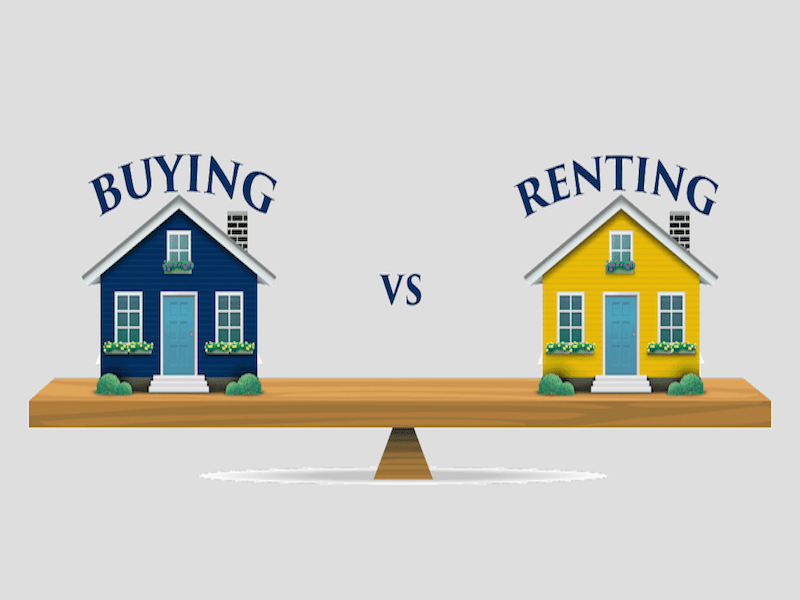Renting an apartment or a house may be a practical solution for many, especially for those just starting out in their careers or still saving up for a down payment. However, at some point, renting may no longer make sense, and owning a home becomes a more feasible option. If you are contemplating the transition from being a renter to a homeowner, here are some tips to consider before taking that leap.
1. Check your credit
Before you start looking at homes, it is essential to check your credit score. Your credit score is crucial when applying for a mortgage loan, and a higher score can help you get better interest rates. If your score is not where you want it to be, start working on fixing it before applying. You can get a free credit report once a year from each of the three major credit bureaus: Equifax, Experian, and TransUnion.
2. Get pre-approved for a mortgage
Getting pre-approved for a mortgage before you start your house hunt can save you time and disappointment. Knowing how much you can afford and having your financing in place before making an offer can strengthen your position as a buyer and help you close a deal faster. So, shop around and compare rates and terms from different lenders to find the best option for you.
3. Save up for a down payment and closing costs
One of the biggest hurdles to homeownership is the down payment and closing costs. Depending on the type of loan you get, you may need to put down 3% to 20% of the home’s purchase price, and closing costs can add up to 2% to 5%. Make sure you factor these costs into your budget and start saving up as soon as possible.
4. Consider your lifestyle and long-term plans
When buying a home, it is essential to consider your lifestyle and long-term plans. Think about the location, size, and style of the home that would suit you best. Are you planning to start a family soon? Do you need a big backyard? Would you prefer a fixer-upper or a move-in-ready home? These are some of the questions you need to ask yourself before making a decision.
5. Don’t forget about ongoing expenses
Buying a home comes with ongoing expenses that you need to budget for, such as property taxes, insurance, and maintenance costs. You need to plan for unexpected repairs and regular maintenance tasks, such as lawn care, cleaning, and replacing appliances. Before making an offer, calculate how much you can afford to spend on housing-related expenses each month.
In conclusion, transitioning from renting to owning a home can be a big step, but with careful planning and preparation, it can be a rewarding and fulfilling experience. Make sure you check your credit, get pre-approved, save up for a down payment, consider your lifestyle and long-term plans, and budget for ongoing expenses. With these tips in mind, you’ll be able to make an informed decision and find the home that’s right for you.

